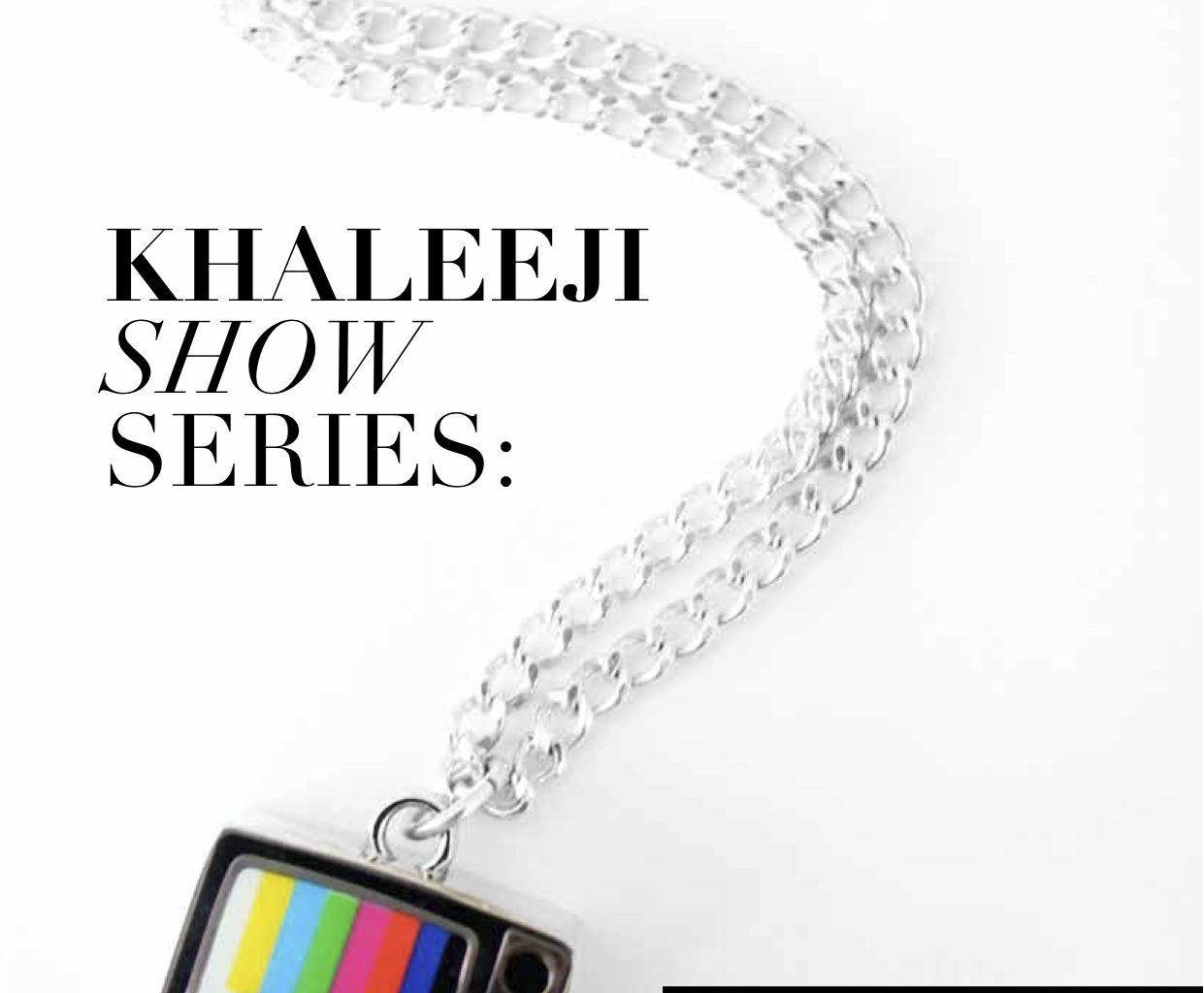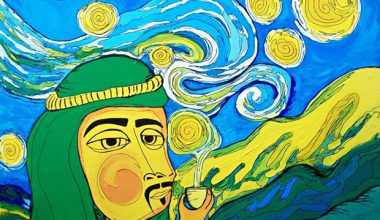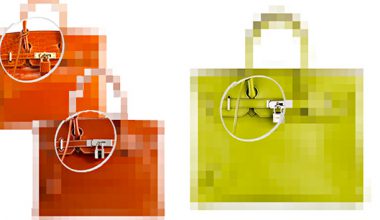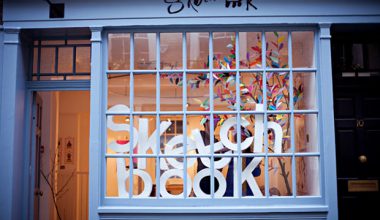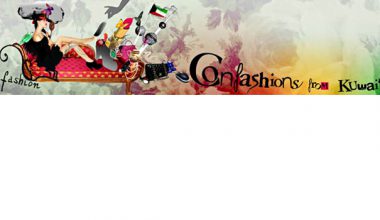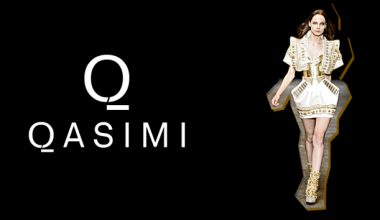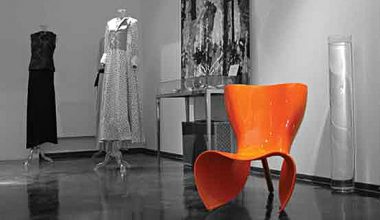
Some of us Khaleejis may hate to admit it but we all have watched a Khaleeji melodramatic TV show at one point or other in our lives. Whether it was during Ramadan or during a time when we might have had a weakness for Arabic soap operas, we’ve all done it. Is it the drama we are (or were) attracted to? Or is it the miserable situation of many of the characters in the show that we seem to feed on? Regardless of the reasons, the shows keep on coming year after year, and in larger quantities, indicating that however bad some may seem, they are finding success in the world of broadcast television.
Khaleeji TV shows these days seem to revolve around the same issues: rebellious teenagers, alcoholics and drug addicts, abuse and family problems. These shows portray a Gulf that many of us don’t relate to; forced arranged marriages, backstabbing, hunger for power and money, conniving women who are husband stealers. You find families fighting and bickering, the millionaire fathers leading double lives with secret wives. Their teenage girls hiding things from their mothers, sneaking out and lying. Their sons smoking, drinking, using drugs and having relationships with random girls. I could go on and on, but that would be a bit too dramatic. Sure all those things exist, but do they exist all at once in a single family?
Amna, a primary school principal in the UAE says, “I believe that many of the shows distort the realities of our society. There are problems, sure, like in any other society but one thing lacking is the simplicity of how some of us really are. They also forget to portray the simplicity of our societies before modernization. Things were not as strict and dire as they show; people were actually more open-minded.”
Today’s Khaleeji drama shows range from those based on “modern day society” and those based on the days before modernization and globalization engulfed the region. However, more or less there always has to be some sort of severe misconception in the story’s portrayal or that the plots are simply too depressing!
One can look at the issue from two sides: the producers and the viewers. The producers of the show have to make the show raunchy, dramatic and intense in some way because it keeps people coming, and in the end, that’s what makes them money. The viewers on the other hand watch show after show, and yet still get insulted at this horrible portrayal of society. What is behind this phenomenon of us wanting to watch episode after episode and yet claim to hate them? Should we take this as a wake-up call? Are our societies really deranged to this extent? And if so, what can we possibly do to fix the situation and ensure we do not end up like the characters on TV?
Khalid Al Deghaiter, a presenter on Al Arabiya news channel is very much aware of the importance of the media and the role it plays in everyone’s lives. Being exposed to thousands of viewers, Khalid states that the way people present themselves publicly is very important.
When asked about Khaleeji shows, Khalid had no problem expressing his concern about Khaleeji mass media. “There is too much drama; there is always a fight, someone crying, someone hitting someone. I honestly dislike most, if not all, shows these days except the comedy shows which I am a fan of. The dramatic series however I feel really give our Arab and Khaleeji societies a bad name. If we could, then we should try to change this”.
“What makes Khaleeji shows really stand out is repetition. Most of the shows talk about the same issues using the same methods or plots but through different actors. At the end they are talking about the same issues; even the production method is similar,” says Dr. Fatima Al Shamsi, Secretary Chief of the UAEU.
“If you watch only the first episode and the last, you will understand the whole show without having to watch all the episodes. Sure, they tackle some social issues but these issues are not the real, important social issues our societies face today. Maybe these issues are apparent but happen rarely in some families, but they are not the real issues that should be tackled. Another thing I have noticed is that there are no new ideas or innovation when it comes to the shows and about what is happening in our society. If you ask me why I watch them, well, it is the time of day when I do not want to think about anything and just want to unwind because they really do not require a lot of thinking or pondering on what is going to happen next. The time is usually during Ramadan when you are hungry and just want to occupy yourself with anything!”
Ultimately, almost everyone agrees that, yes there is too much drama that in Khaleeji shows. Some of it very unnecessary and according to many, simply too much and unrealistic at times. Shows do not have to be overly dramatic to be successful. Just think of the popular Khaleeji comedy TV shows in the 80’s that we still watch to this day.
However, it seems that even with all the drama, Khaleeji shows do portray some aspects of the truth. We may not like to admit them but yes, some of them do exist and are based on true stories. Have they been exaggerated? Probably so; and even more unfortunate, is that these shows seem to shadow on the reality of the matter and do not shed light on the more important sociocultural issues at hand.
When it comes to the melodramatic shows we mentioned, repetition is indeed at play. Their plots may be different to some extent, but in the end it’s the same old story. What is the future of the Khaleeji TV industry? We don’t know just yet. But with talented young directors and creative story writers cropping up across the Gulf, we may have a new industry in the making…
– Sharifa Al-Badi
This article first appeared in the Jan/Feb/Mar 2012 Culture Issue. To view or order the print issue, visit our MagCloud page.

